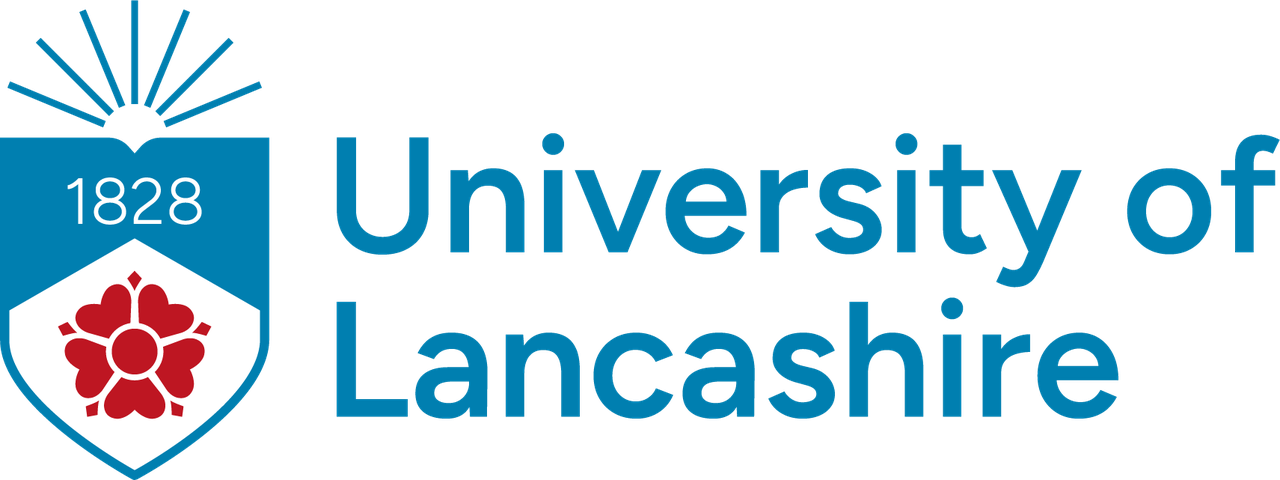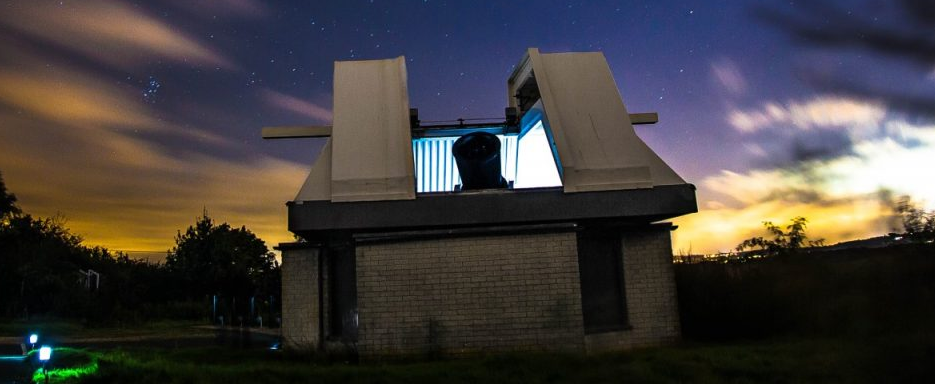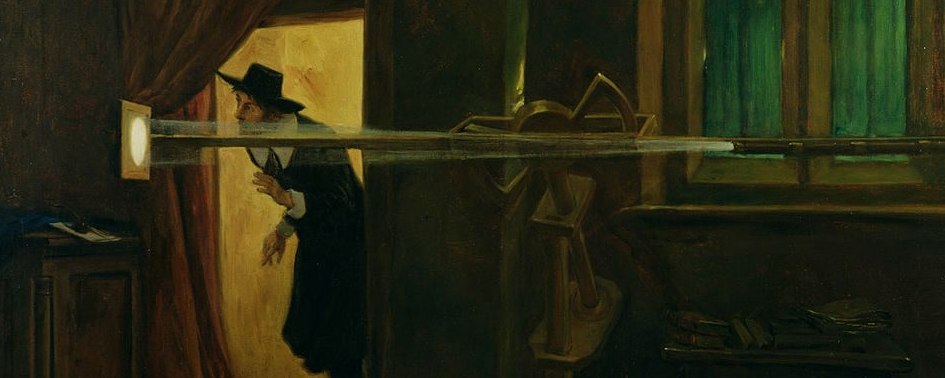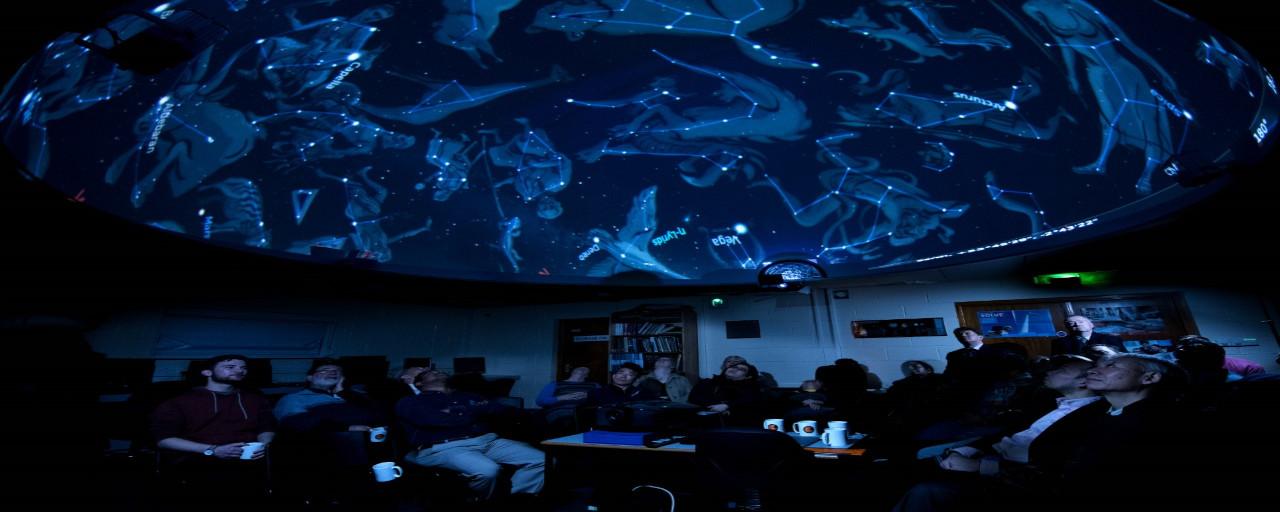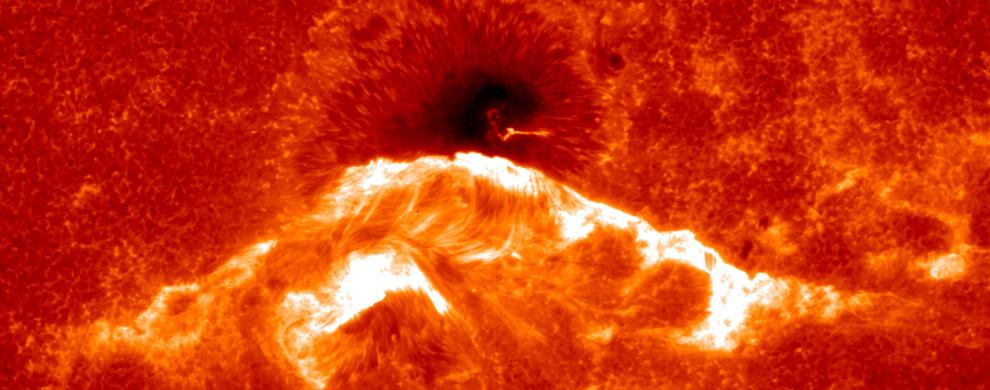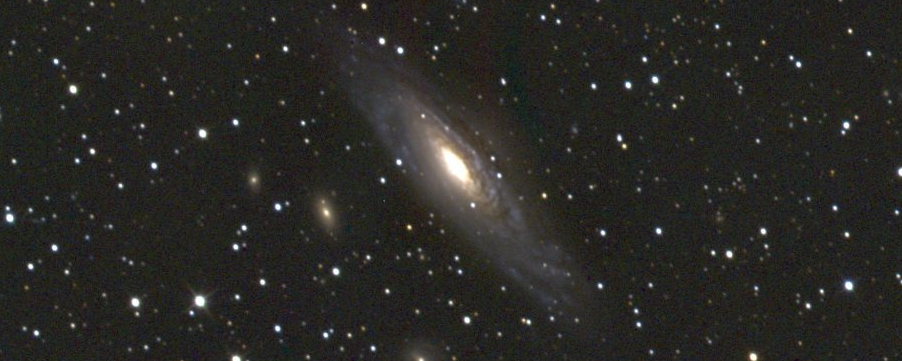We offer an exciting distance learning programme of University courses and degrees in Astronomy, Cosmology, Astrobiology and a wide range of other fascinating subjects.
For first-timers, our Entry Points (Certificates) are tailored for those with no prior knowledge of Astronomy, but take a quantitative approach at first year undergraduate level. Our full range of Advanced Courses all the way up to a BSc (Hons) degree will suit students looking for a further challenge. Our BSc (Hons) in Astronomy is recognised by the Institute of Physics.
EXPLORE OUR
ASTRONOMY COURSES
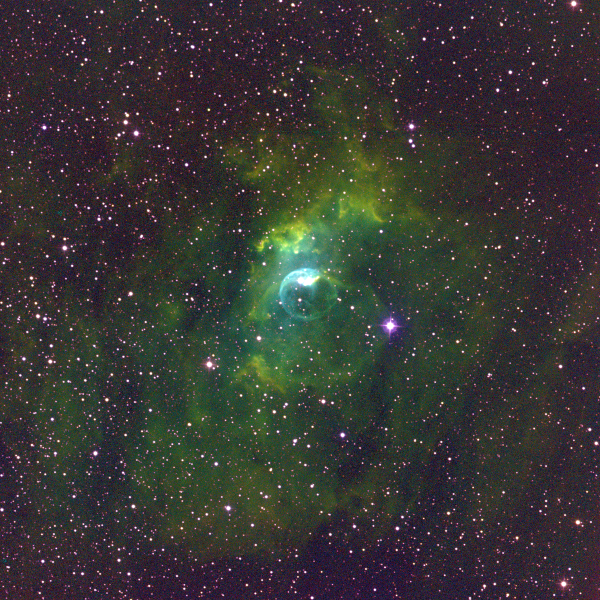
BSc (Hons) Astronomy Degree
Course Code: VSASTR513
This is our flagship programme and is the UK's only BSc (Hons) Astronomy degree course specifically designed for distance learning education and studies. It consists of a total of 18 modules at HE Levels 4, 5 and 6 (ie year 1, 2 and 3 undergraduate levels). Students are eligible to enrol when they have succesfully completed relevant courses at University level such as Certificates or the CertHE in Astronomy.
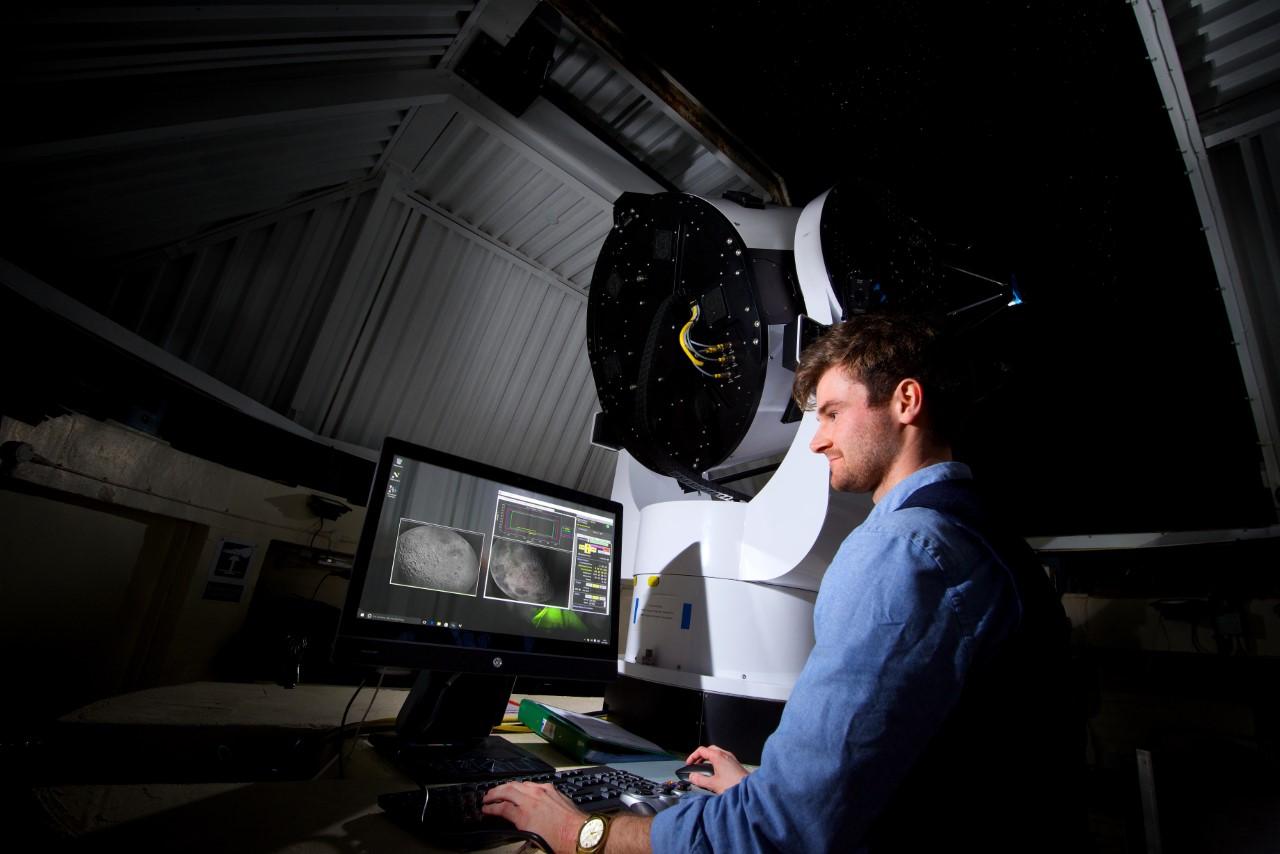
Certificate of Higher Education in Astronomy
Course Code: VSASTR511
On this award you will study 6 modules (120 credits) at HE Level 4 - Year 1 undergraduate level. It is equivalent to the first year of a full time astronomy degree programme. You can choose 6 from the 8 University of Lancashire's Level 4 modules or accredit up to 80 credits of appropriate prior learning from other institutes. AA1051 (Introduction to Astronomy) or its equivalent is core to the CertHE. You need to have completed at least 40 credits before enrolling for the CertHE. You can incorporate any University Certificates already awarded in prior education and studies.
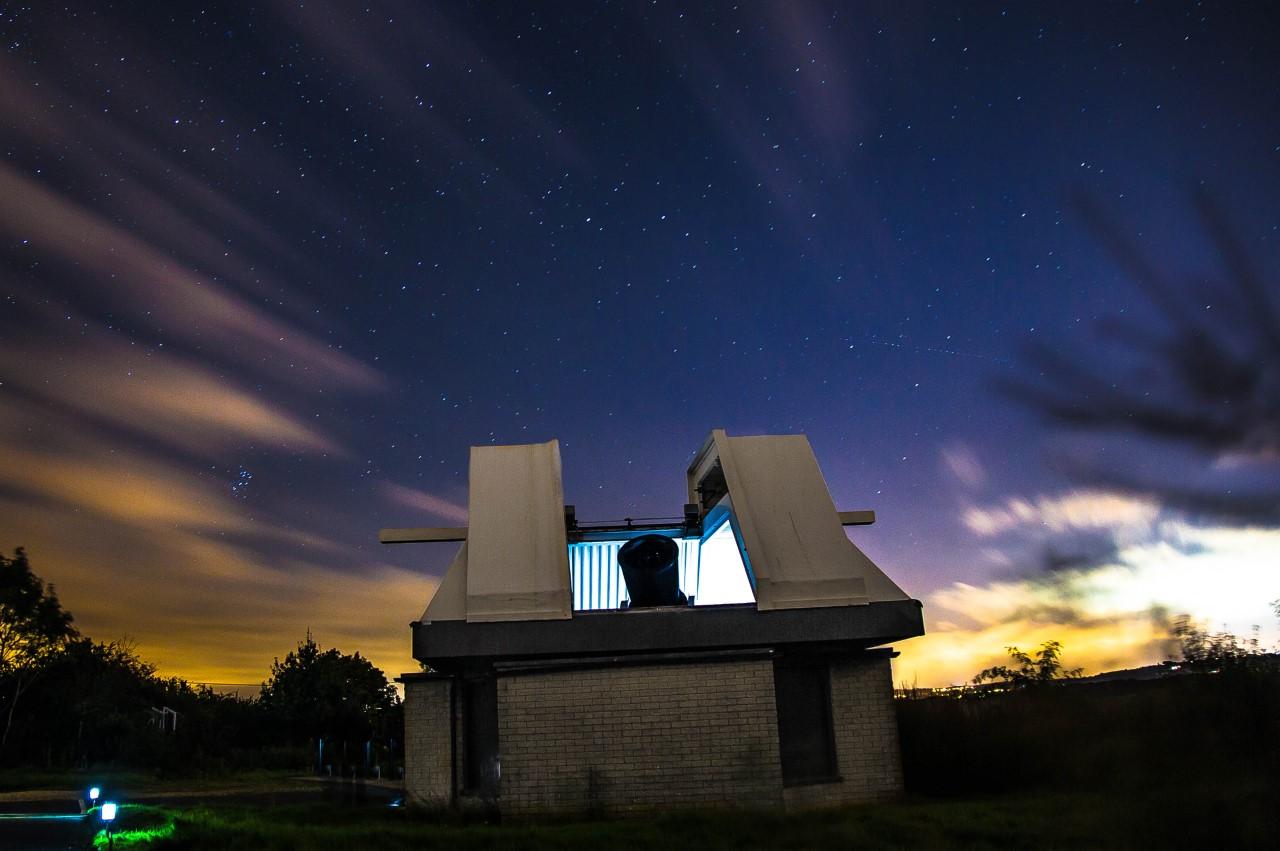
Certificate in Astronomy
Course Code: VSASTR501
Most students start here! The astronomy course provides an introduction to astronomy, assuming no prior knowledge of the subject. It contains some observational and practical exercises, but you do not need access to a telescope to complete your astronomy studies.
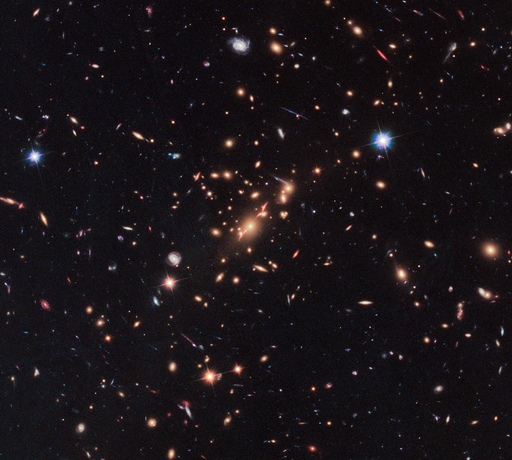
Certificate in Cosmology
Course Code: VSCOSM501
Gain an informed view of concepts in cosmology with this cosmology course, without recourse to complex mathematics in your study. Learn about the beginning of the Universe including the creation of extremely small elementary particles and the processes that led to the formation of the very large structures seen today.
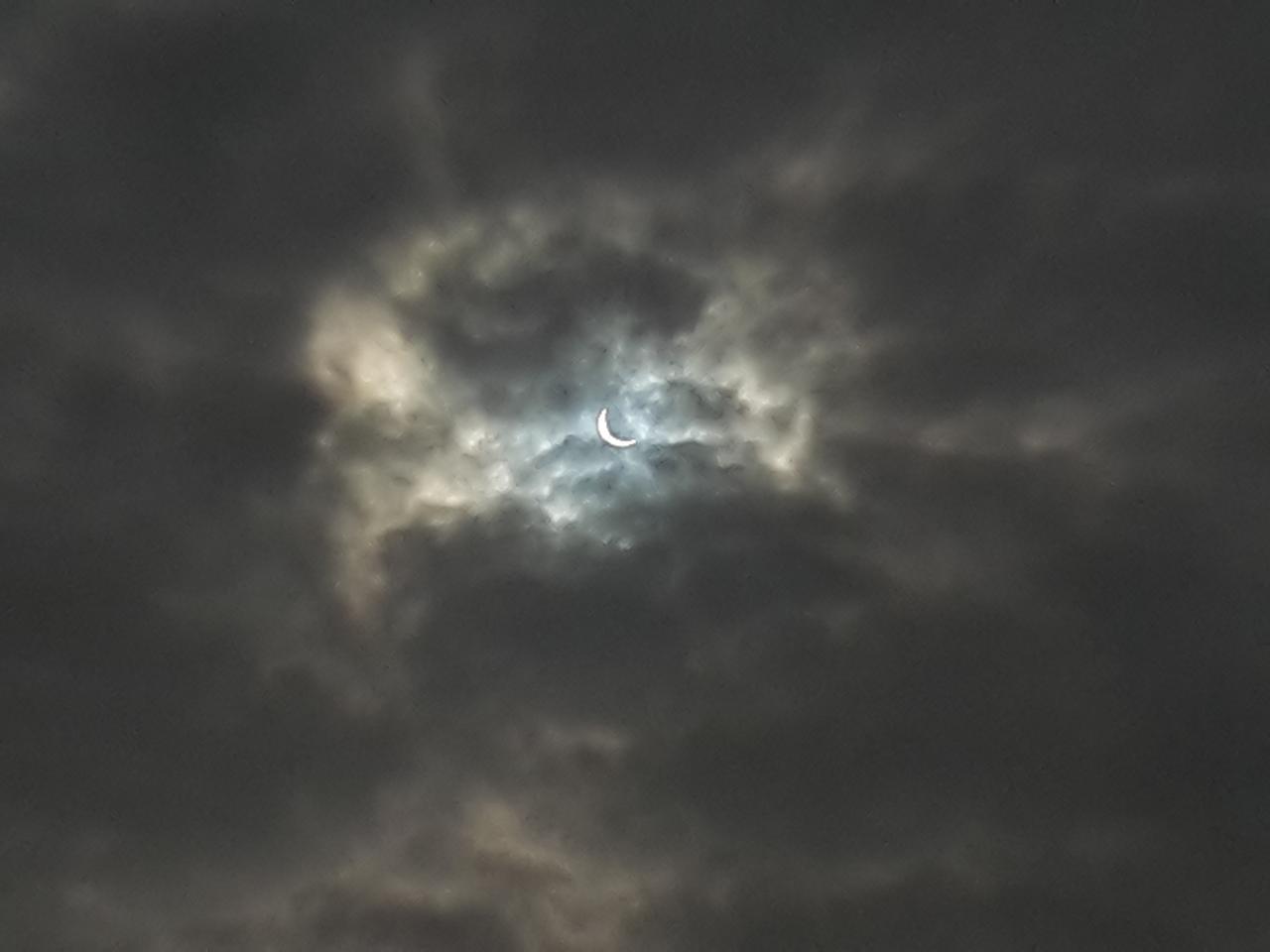
Certificate in Sun, Earth and Climate
Course Code: VSASUN501
In this course you will be introduced to the Sun and the Earth as complex systems, and how they interact to produce the environment we live in. Alongside detailed course notes your studies will include a mixture of theoretical and observational approaches with data-based and observational exercises.
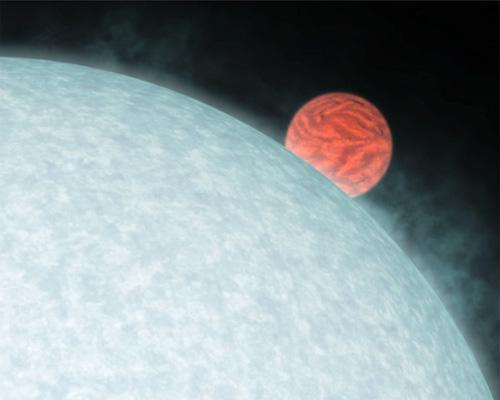
Certificate in Astrobiology
Course Code: VSABIO501
Astrobiology is one of the newest and most dynamic scientific disciplines, and this Certificate is your chance to gain an understanding of the ongoing discoveries in the subject. With explorations ranging from molecular biology to the search for extra-solar planets all having an impact, the multi-disciplinary course takes a novel approach to the subject of Astrobiology. The course is supplemented with online discussion of breaking news.
